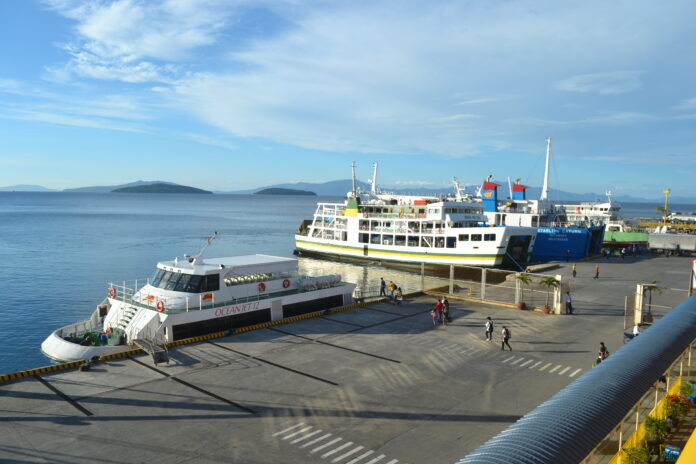-
The Maritime Industry Authority, International Maritime Organization and World Bank conduct a study on domestic passenger ship safety and energy efficiency in the Philippines
-
The study targets all components of the safety system and risk control options
-
It aims to identify practical and cost-effective options to cut the domestic shipping sector’s carbon footprint
-
Funded by IMO and WB, the study is being implemented by MARINA, Philippine Coast Guard and the Philippine Ports Authority
The Maritime Industry Authority (MARINA), International Maritime Organization (IMO) and the World Bank (WB) are conducting a nationwide study on domestic passenger ship safety and energy efficiency in the Philippines.
The study targets all components of the safety system and feasible risk control options. It aims to identify the most practical and cost-effective options to reduce the domestic shipping sector’s carbon footprint.
The study, funded by IMO and WB, is being implemented by MARINA, Philippine Coast Guard, and Philippine Ports Authority, with guidance from international consultants from the World Maritime University in Sweden and the University of Strathclyde in Scotland and from national consultants.
“The Philippines is privileged to have been selected as a beneficiary of this study. With the maritime transport landscape continuously evolving, the implementation of the ‘Study on the Safety and Energy Efficiency of Domestic Passenger Ships in the Philippines’ is timely and relevant,” said Engr. Ramon Hernandez, MARINA Shipyards Regulation Service director and national focal person for the implementation of the project.
Hernandez said the Philippines “[aims] to strengthen [its] efforts to enhance ferry safety… while treating safety of life at sea and environmental considerations with utmost priority.”
In MARINA’s formal expression of commitment to the study, deputy administrator for operations Engr. Nannette Dinopol said, “We will instill and sustain a culture of safety in the Philippine domestic shipping sector to ensure that maritime casualty in the Philippines in the coming years is significantly reduced.”
MARINA will prioritize protection of the marine environment in domestic shipping activities, as the Philippines is an “environmentally aware nation”, Dinopol added.
MARINA noted it has issued policies intended to address environmental harm caused by the shipping industry. The latest, Memorandum Circular No. SR-2020-06, mandates all Philippine-registered ships plying the domestic trade to comply with the IMO global 0.50% sulfur cap on marine fuel oil by January 1, 2025.
READ: Jan 1 deadline for PH ships’ plan to cut fuel sulphur content
Recalling the hazard identification (HAZID) exercise conducted for the MARINA in 2015, Xiaojie Zhang, director for technical cooperation of the IMO, said in his message that “there has been a noticeable decline in the number of accidents involving domestic ferries” after HAZID. The next step, then, is to undertake the formal safety assessment, which is part of this study.
WB’s practice manager for transport Benedict L. J. Eijbergen underscored the significance of this undertaking for the employment sector. “Apart from lives lost, this also impacts the tourism sector which employs millions of Filipinos as these mishaps had often prompted other countries to release travel advisories warning their citizens visiting the Philippines against taking interisland ferries,” Eijbergen said.





